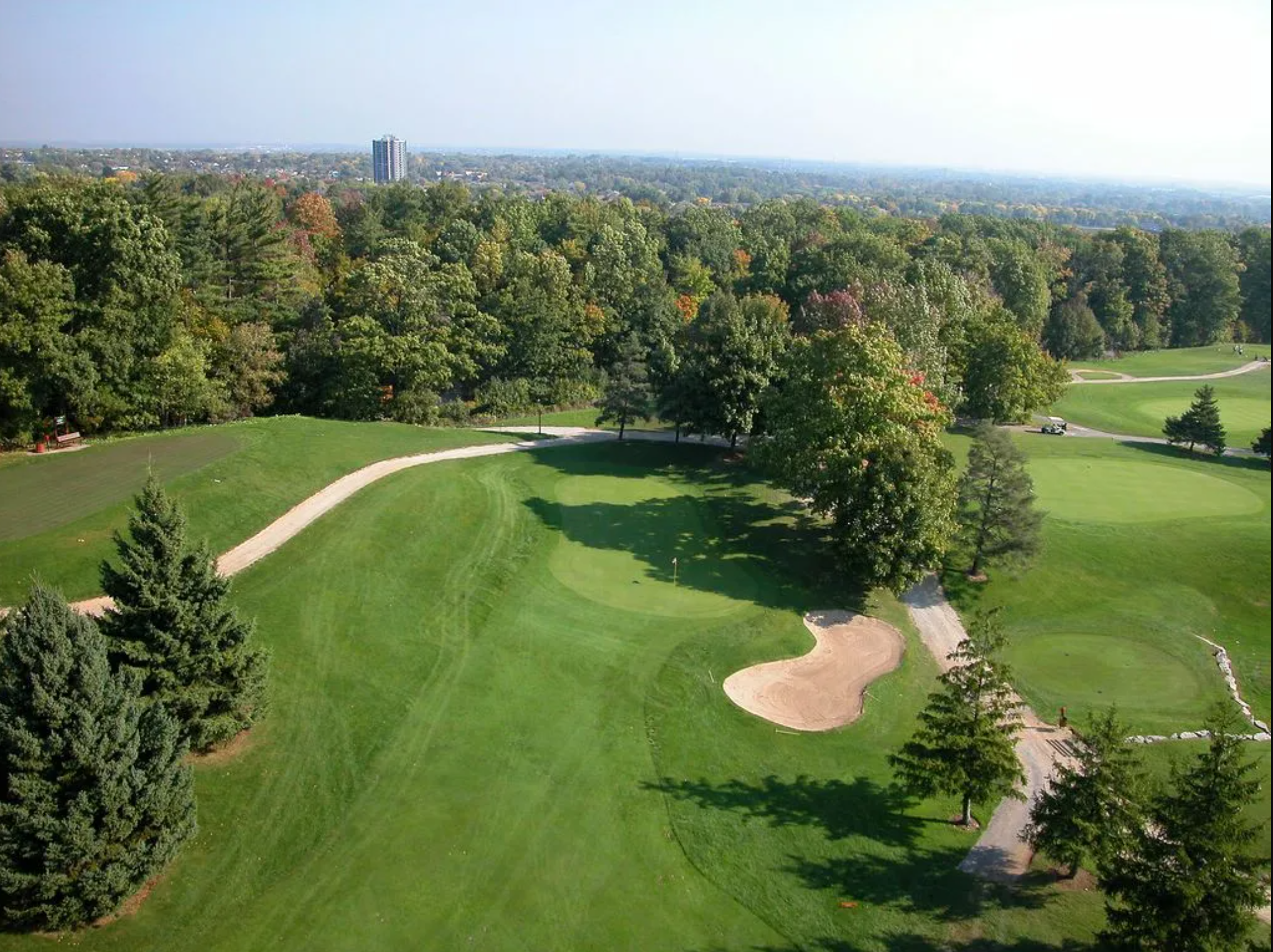There are many days and organizations devoted to cancer, whether they are raising money for research for a cure or to support those dealing with cancer. They all bring awareness to cancer and its effects, how to support cancer patients or survivors and allow us to become more knowledgeable on how to help prevent cancer.
National Cancer Wellness Awareness Day, June 26, is more focused on the psychosocial aspects of cancer and how to help those dealing with it learn more about coping mechanisms. Research is showing that distress after diagnosis and during treatment can affect treatment compliance and treatment outcomes.
It’s being established that wellness is an important part of comprehensive cancer care. By bringing more awareness to physical, emotional, and spiritual needs, it can help improve quality of life while going through cancer treatment and may even prevent recurrence.
When it comes to medicine, “psychosocial” refers to the social, emotional, mental, physical, and spiritual aspects of the disease. Cancer can affect how someone thinks, feels, their relationships with other people, and can result in drastic shifts in mood (both from the treatment itself and psychosocial stress).
Distress is actually the sixth vital sign in cancer care, along with the vital signs of temperature, respiration, heart rate, blood pressure, and pain. Distress is very common in cancer patients, and is often reported at high levels, which can hinder their healing. Almost half of patients who are in distress do not seek professional psychosocial support. The problem is that most patients aren’t aware of the concept of cancer wellness or the different wellness centres and organizations supplying programs that specifically give psychosocial support to cancer patients and survivors.
In 2018, the West Island Cancer Wellness Centre (WICWC) applied to Health Canada to make June 26 National Cancer Wellness Awareness Day. The WICWC started providing psychosocialcancer care for anyone with cancer. Medical professionals focus on treating the cancer itself, while cancer wellness centres address the emotional, physical, and spiritual challenges that come with a cancer diagnosis.
This day is to bring awareness to cancer patients and survivors on how to live well during or after cancer. Studies are showing that distress can linger long after treatment and remission. Having this support can drastically improve how someone moves through their journey.
Cancer wellness complements medical treatment. It empowers those living with the disease to make drastic behavioural, spiritual, and physical changes to help them live well with cancer.
For Burlington residents, the closest cancer wellness support centre is Wellspring Birmingham-Gilgan House in Oakville, which services Halton and Peel regions. Wellspring offers excellent free programs to those living with cancer and their loved ones; they provide that important psychosocial support, with programs that teach coping strategies, stress management, emotional well-being, as well as exercise, healthy cooking, and family support programs (and more!). Due to COVID-19, they aren’t doing in-person appointments or programs, but they offer a variety of online programming called “Well on the Web.” They have peer support volunteers to help determine where you should start. There are also Wellspring centres in other areas, including in Toronto, London, Niagara, and Stratford. Check them out at wellspring.ca; they are one of WICWC’s partners for National Cancer Wellness Awareness Day.
Another WICWC partner who provides services that cover Burlington, specifically for young women with a cancer diagnosis, is Pink Pearl Canada, offering free retreats for women aged 18 to 40 who have or had a cancer diagnosis. The retreats allow these women to find a community who understands, as well as providing educational and psychosocial support sessions on various topics. Currently the retreats are done virtually, which is allowing women from all over Canada to participate. They have a recorded lesson series that offers information on body image, self-care tips, healthy eating and recipes, and clean beauty products. They also offer a local social in Burlington/Hamilton run by one of their Pink Pearl Ambassadors. To find out how the socials are currently being run and to discover more about Pink Pearl go to https://pinkpearlcanada.org/.
Even if you aren’t living with cancer, 1 in 2 Canadians will get diagnosed with cancer within their lifetime, which means you can help others by making them aware of cancer wellness centres. You can also donate to a local wellness centre, hold a fundraiser or volunteer.
Most of us have experienced it ourselves or have someone close to us that has been through cancer. I know my loved ones would have benefited from these programs that allow cancer patients and survivors to feel supported and a part of a community where others understand what they are going through.
For more information on National Cancer Wellness Awareness Day, go to www.wicwc.com.
Sources:
Leimanis-Laurens, M. L., Fitzpatrick, T. R. 2014. Physical Activities and Distress among Participants of a Cancer Wellness Centre: A Community-Based Pilot Study. International Journal of Physical Medicine & Rehabilitation, 2(3): 1–8. Url: https://www.researchgate.net/publication/263174358 (accessed June 21, 2021).
Howell, D., Olsen, K. 2011. Distress —The 6th Vital Sign. Current Oncology, 18(5): 208–210. Url: https://www.ncbi.nlm.nih.gov/pmc/articles/PMC3185896/ (accessed June 21, 2021).
Pink Pearl Canada. Url: https://pinkpearlcanada.org/ (accessed June 21, 2021).
Wellspring Cancer Support Centre. Url: wellspring.ca (accessed June 21, 2021).





